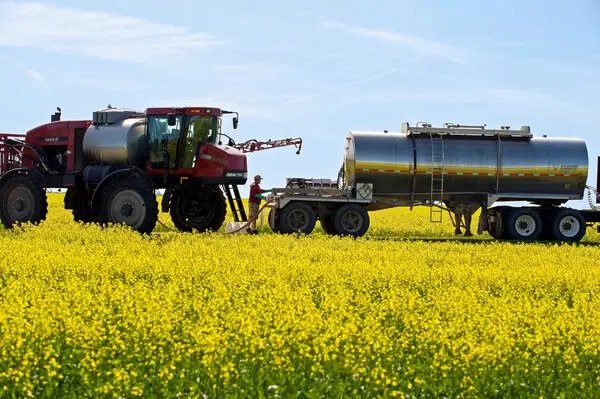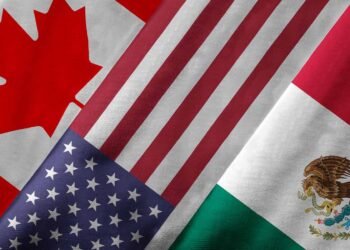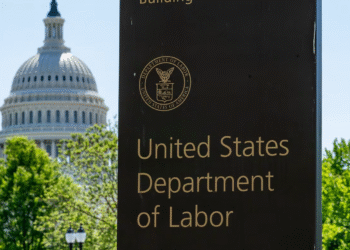OTTAWA — China canola tariffs are fueling a new Canadian trade mission aimed at easing tensions between the two countries. Prime Minister Mark Carney’s parliamentary secretary will join Saskatchewan Premier Scott Moe on a visit to China starting Saturday. The delegation seeks to convince Beijing to drop its steep duties on Canadian canola imports. Kody Blois, Liberal MP for Kings–Hants, will represent the federal government during the three-day trip. Officials say he will “engage constructively with Chinese counterparts on several trade irritants.”
Trade Dispute Over Tariffs
Last month, China imposed a 75.8 percent tariff on Canadian canola seed. Many analysts view the move as retaliation against Canada’s 100 percent tariff on Chinese electric vehicles. The canola industry plays a critical role in Canada’s agricultural economy. The country exports almost $15 billion worth of canola seed, oil, and meal annually. In 2024, nearly $5 billion of that total went to China, making it a vital market for Canadian farmers.
Ottawa’s Push for Relief
Canadian officials argue that the tariffs unfairly punish producers who depend on Chinese demand. Saskatchewan, the heart of Canada’s canola production, has felt the heaviest impact. Premier Scott Moe said farmers face “severe financial strain” unless the dispute is resolved quickly. By sending Blois to join Moe, Ottawa signals that the federal and provincial governments are united in seeking solutions. The mission intends to highlight Canada’s commitment to reliable trade while pressing China to reconsider its punitive measures.
Farmers Under Pressure
Industry groups warn that prolonged tariffs could slash farm incomes and weaken Canada’s agricultural sector. Many fear that global competitors may seize market share if the standoff continues. Still, Canadian leaders remain hopeful that constructive talks in Beijing can defuse tensions. “We want to restore stability to this crucial trade relationship,” Blois said before departing.
Outlook
Whether the China canola tariffs will be lifted remains uncertain. However, Canadian officials stress that protecting farmers and securing export markets will remain top priorities.

 English
English



























































